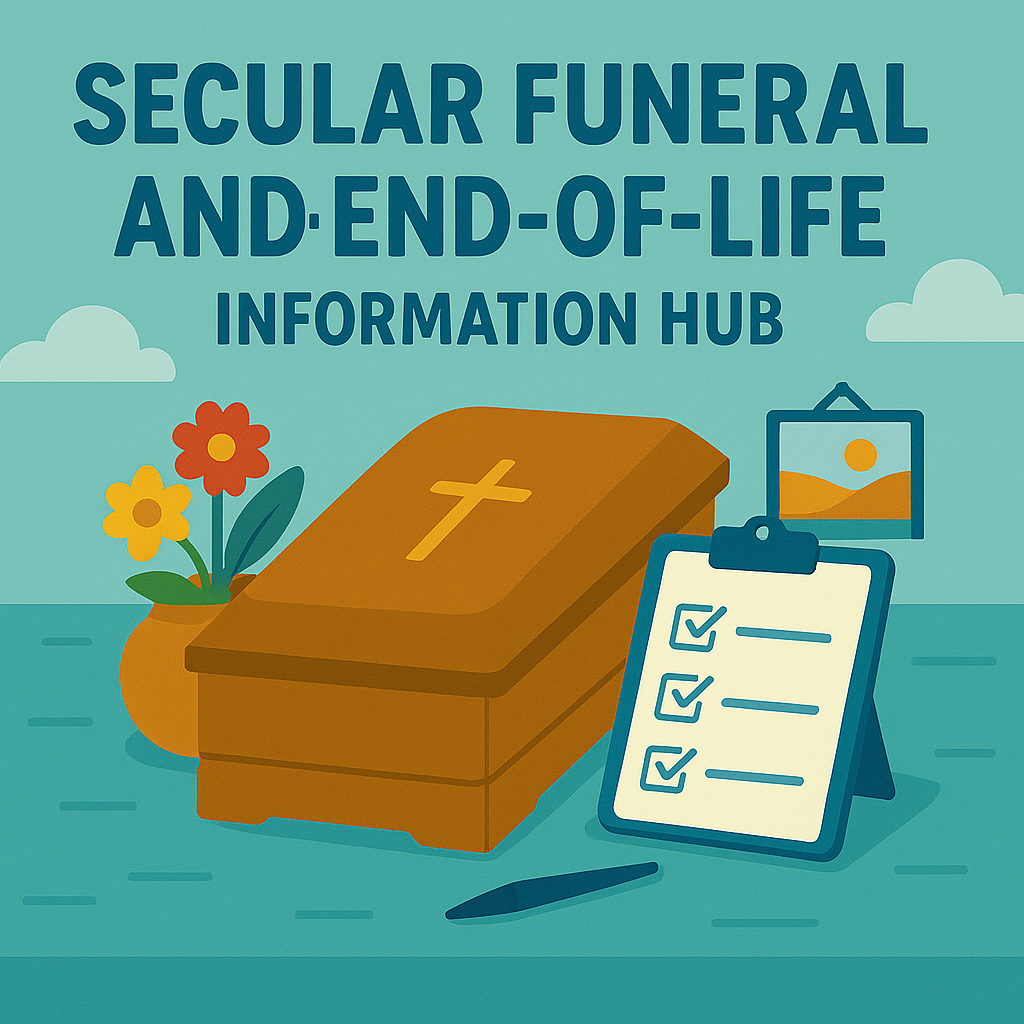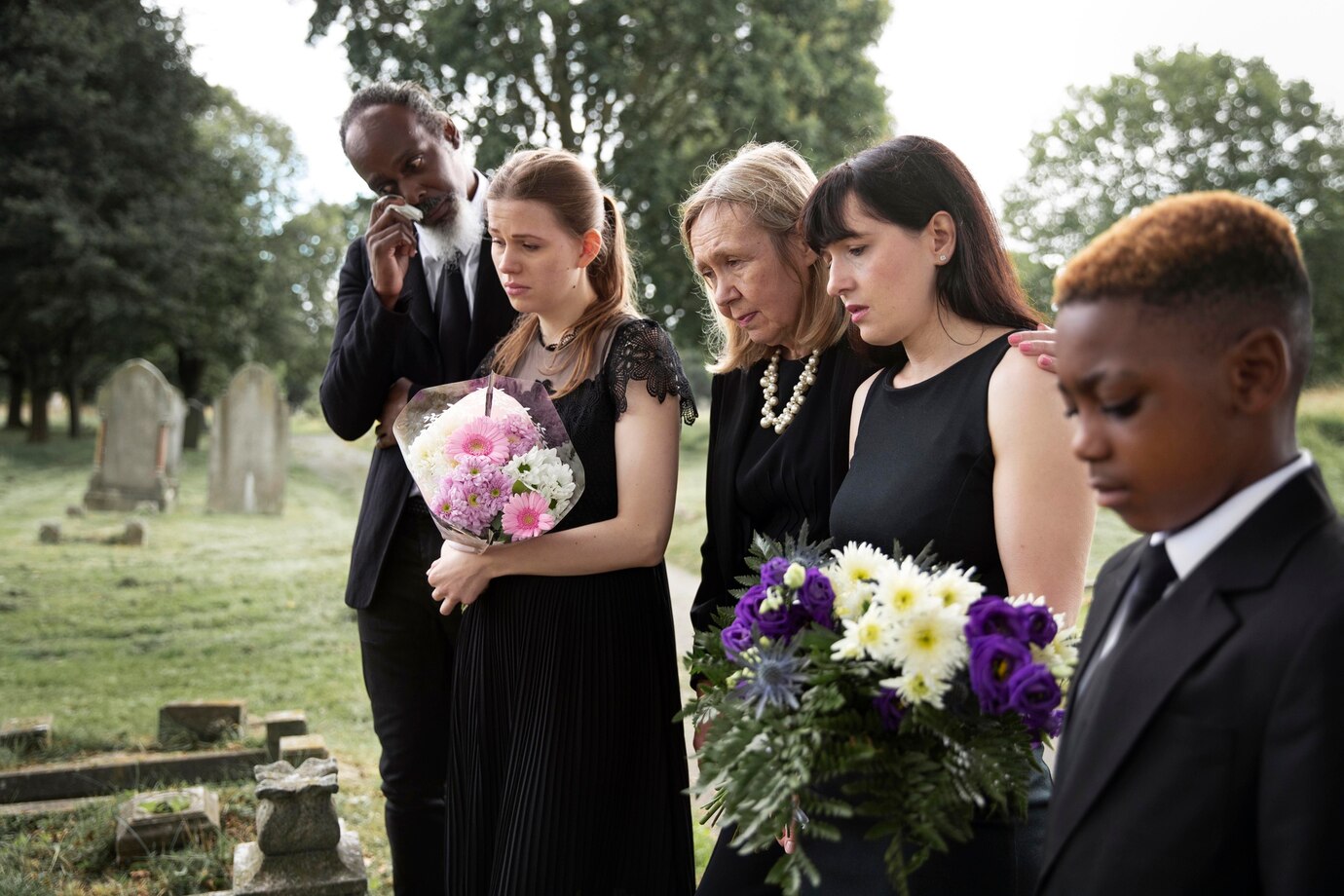Honoring Life Your Way
Secular Funeral & End-Of-Life traditions
Understanding and honoring secular funeral and end-of-life traditions is essential for providing comfort and respect to those who follow these practices. Navigating the loss of a loved one is often complicated, and it is important to ensure that the deceased are treated with dignity and that the grieving process is supported by the community.

Key Things To Know
Secular funerals and end-of-life traditions offer non-religious ways to honor a person’s life, values, and legacy. These ceremonies can be just as meaningful, providing space for reflection, storytelling, and connection—without spiritual or faith-based elements.
- Secular funerals are focused on the individual, not religious doctrine: They typically celebrate the person’s life, relationships, accomplishments, and beliefs, with no references to an afterlife or religious texts unless specifically chosen by the family.
- They can be led by anyone: A family member, friend, celebrant, or funeral professional can officiate. There’s no requirement for clergy, although some families choose someone skilled in public speaking or grief support.
- There’s no fixed format: Secular services can take place at a funeral home, private residence, park, event space, or anywhere meaningful. They might include readings, music, personal tributes, photo slideshows, or moments of silence.
- You can include rituals, just without religious framing: Candle lighting, planting a tree, reading letters, or playing favorite songs are all ways to create a powerful moment of remembrance.
- Memorials can happen anytime: Without the requirements of specific religious customs, families can take more time to plan, grieve, and gather when and where it makes sense.
- Legacy can be honored through action: Many secular families incorporate charitable donations, acts of service, or creative tributes that reflect the person’s values and passions.
- End-of-life planning can reflect secular values too: This may include advance directives, memorial preferences, and personal messages—focusing on autonomy, dignity, and meaning rather than spiritual beliefs.
- Grief support doesn't require religion: Secular grief circles, therapy, support groups, and creative expression can help people navigate loss in ways that are authentic and affirming.
- Personal storytelling is central: Secular services often focus deeply on who the person was—their quirks, their humor, their impact. This focus helps create a more intimate and lasting memory.
- There is no one “right” way to do it: That’s the strength of secular traditions—they can be fully customized to reflect the life lived, the values held, and the community gathered to say goodbye.
Articles
Frequently Asked Questions
Disclaimer: The information provided on this website and by Buried in Work is for general informational purposes only and should not be considered legal advice. Please consult with a qualified attorney or subject matter expert for advice specific to your situation.




